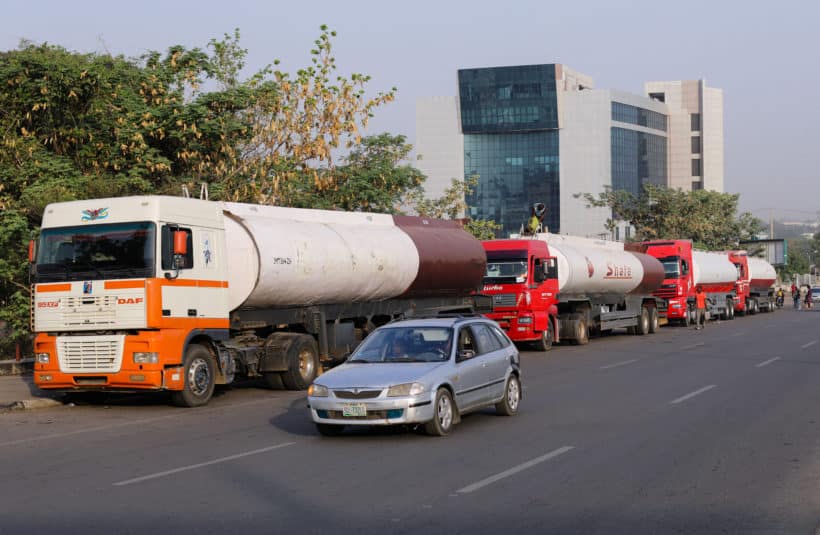
ABUJA/LAGOS, July 27 (Reuters) – When he first heard about Nigeria’s fuel subsidy removal and saw the petrol price triple, Justice Ojah thought he would stop using a generator, which powers his two-storey house in Abuja, to save on bills.
The 26-year-old entrepreneur has been relying on petrol to escape frequent power cuts before the West African country removed the popular but costly subsidy. President Bola Tinubu’s bold decision forced Ojah and other Nigerians to seek cheaper alternatives.
“I saw an advert and called then a technician who came over to my place and changed my carburettor to this new hybrid carburettor I have now,” Ojah told Reuters.
It cost him about 50,000 naira ($63.45) to replace the device, which now allows him to easily switch between liquefied petroleum gas (LPG), also known as propane, and petrol, a major improvement in terms of cost.
“Where I fill my 12.5-kg gas cylinder, it is 12,000 naira to fill it, and that will give me an average of 40 hours,” Ojah said, adding that petrol for the same amount of hours would cost at least 50,000 naira.
Alabi Oluwaseun, a mechanic in Lagos who converts generators to run on gas, told Reuters that last month he has worked for 20 households and that he was in talks with more clients.
Despite the popularity of the service, Oluwaseun said he had concerns about the security and durability of the gas carburettor, which has been on the market for less than two months.
“This cylinder now, you have to take it away from heat because this hose we are using is rubber, anytime that it melts and gas tries to escape out of it, it might cause fire,” he said.
The other concern is that gas burns quicker because it is lighter than petrol, said Kelvin Emmanuel, an analyst at Dairy Hills Limited, a public policy consulting firm.
Despite these issues, higher fuel prices, based on crude oil prices and exchange rates, will contribute to the switch to gas, he added.
“We are expecting that the consumption of LPG per capita is actually going to increase in Nigeria,” Emmanuel said.
($1 = 788.0000 naira)
(Reporting by Abraham Achirga in Abuja and Seun Sanni in Lagos; Writing by Anait Miridzhanian; Editing by Aurora Ellis)

